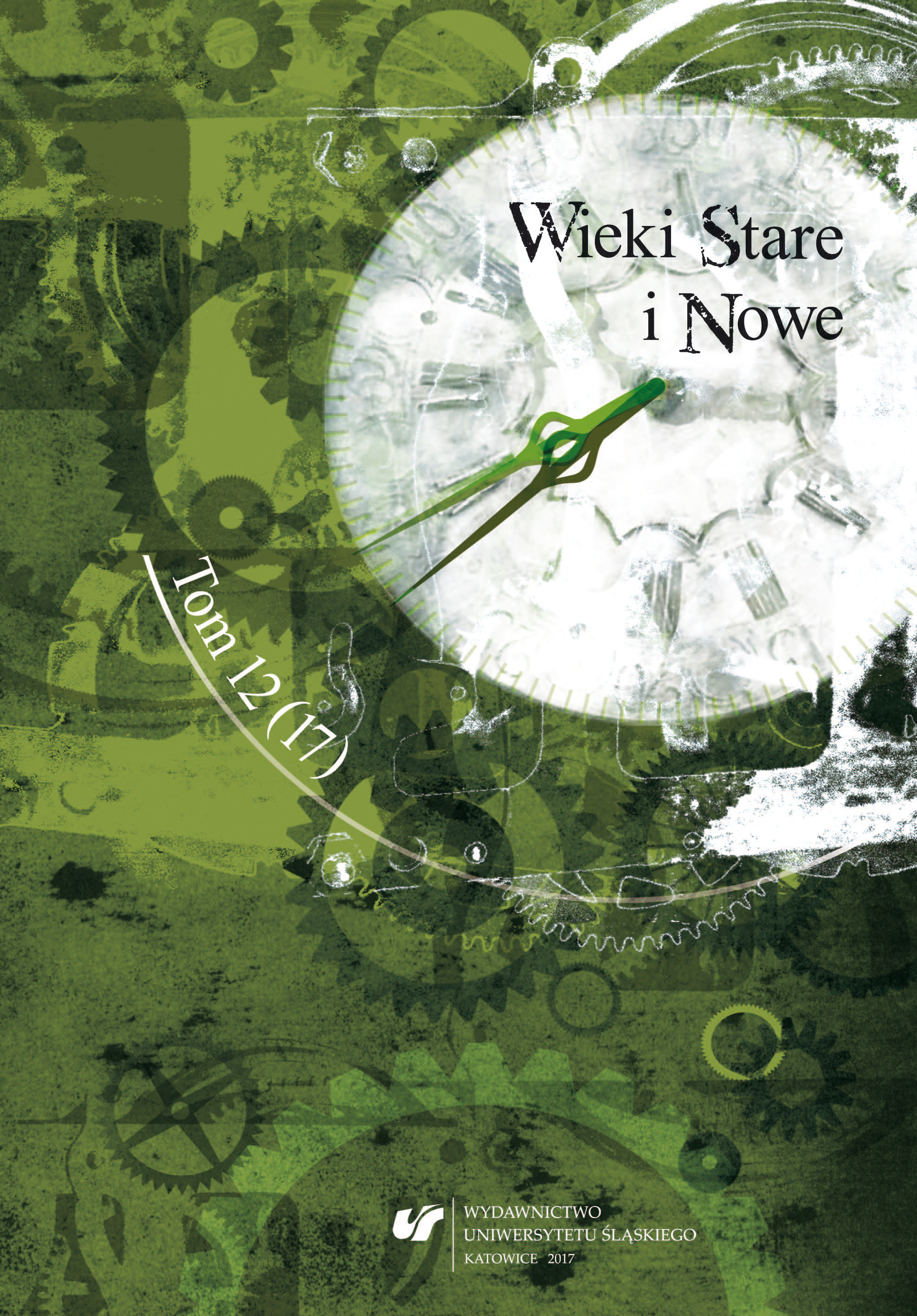Model obywatela idealnego w listach pasterskich biskupa płockiego Michała Jerzego Poniatowskiego (1773—1784)
The Model of a Perfect Citizen in the Pastoral Letters of Michał Jerzy Poniatowski, the Bishop of Płock (1773—1784)
Author(s): Mateusz SiembabSubject(s): Political history, Social history, 18th Century
Published by: Wydawnictwo Uniwersytetu Śląskiego
Keywords: Michał Jerzy Poniatowski; republican nobility; models of citizenship in the Polish Republic during the reign of Stanisław August; Stanisław August
Summary/Abstract: The article discusses the model of a perfect citizen described in the pastoral letters of Michał J.Poniatowski, the Bishop of Płock (1773—1784). The author bases his reconstruction of that model onthe so-called recommendations for prayer for the souls of the departed. Those “recommendations”were devoted to eight prominent figures who lived at the turn of the 18th century and who were putforward as examples to follow for other people. Apart from the Archbishop A.K. Ostrowski, the peoplein question were either lay senators or high-level state officials. It is impossible to determine the levelof involvement of the bishop himself in the form and content of the documents issued by his office inWarsaw. It is also impossible to deny that several of the aforementioned officials were either relatedto or friends with the Bishop Poniatowski and his brother — king Stanisław August.The discussed letters contain a list of attributes of a state official, who was to be a patriot and afaithful servant of the king at the same time. Among those attributes, the bishop differentiated privatevirtues, concerned with family life, as well as the more commonly mentioned public virtues, whichwere to help in managing the life of public service. For context, the author contrasts his findingswith other models of citizenship permeating the preaching practice of that time and included in theprogram letter of the Bishop M.J. Poniatowski dating August 20, 1775. Moreover, the article includescertain biographical facts concerning the figures in question, which could be seen as unflattering andfor that reason were excluded from the “recommendations” for prayer. The fact that the pastoral letterswere printed by the Royal as well as the Commission of National Education printing houses furtherestablishes the notion of active cooperation between the king and the Church officials in the effort ofcreating ideals of citizenship recognized and propagated by his closest advisors.
Journal: Wieki Stare i Nowe
- Issue Year: 17/2017
- Issue No: 12
- Page Range: 87-107
- Page Count: 21
- Language: Polish

